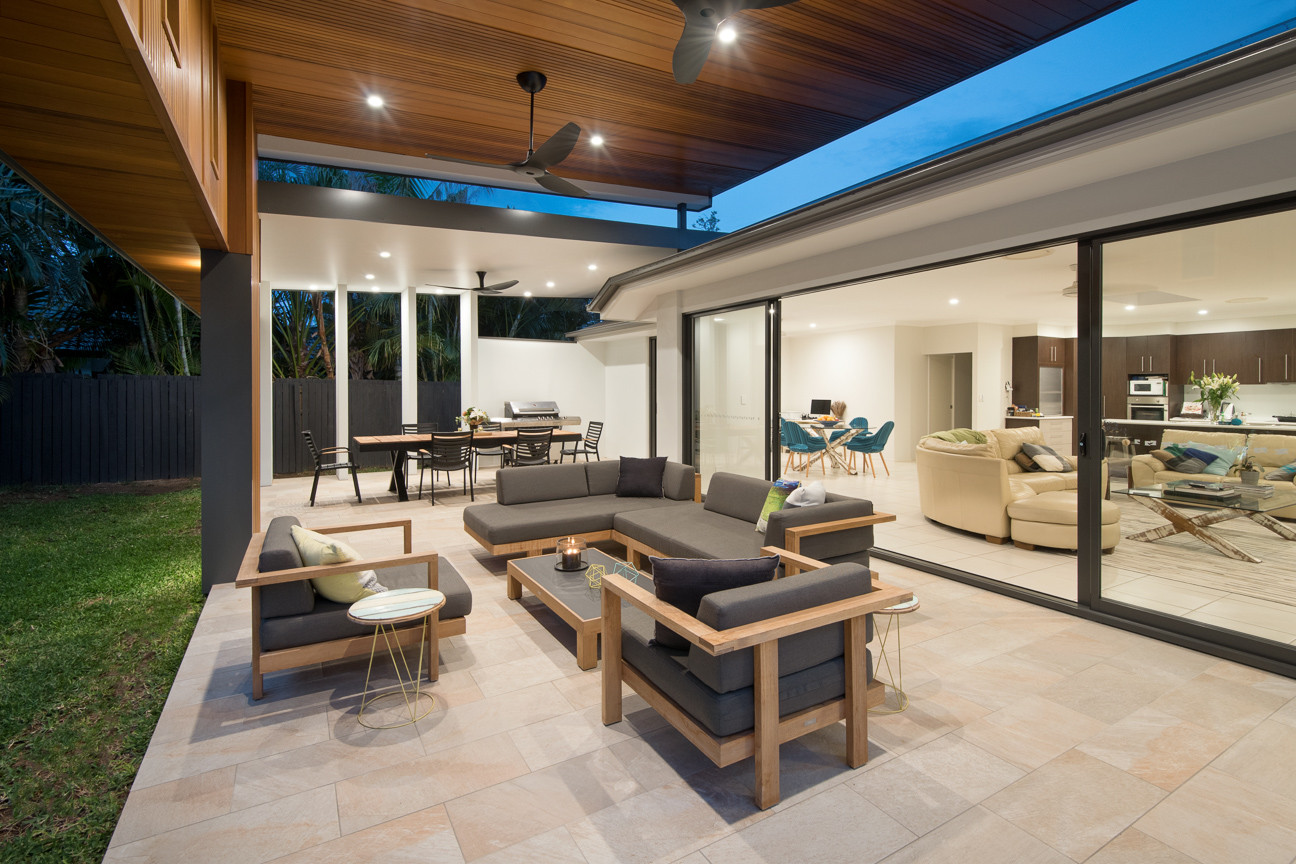An unfinished basement doesn’t have to be a cold, dusty storage space. With some creativity, simple upgrades, and functional planning, you can turn your basement into a comfortable, organized, and highly usable area—without a full remodel.
Whether you’re on a tight budget or just want to maximize square footage, this guide will show you how to make an unfinished basement usable with actionable steps, tips, and DIY ideas.
Why Make Your Unfinished Basement Usable?

- Maximize home space without a costly addition
- Increase home value by improving square footage appeal
- Create functional zones for laundry, fitness, storage, hobbies, or guests
- Enjoy seasonal comfort by adding light and insulation
- Get organized with smarter layouts and storage
Read More: Refinishing Your Basement: A Comprehensive Guide
Step-by-Step Guide: Making an Unfinished Basement Usable
1. Clean and Declutter First
Before doing anything else:
- Remove all unnecessary items
- Sweep, vacuum, and clean concrete floors and exposed beams
- Identify signs of moisture, mold, or pests
Pro Tip: Use a dehumidifier during and after cleaning to reduce mustiness and improve air quality.
Read More: Basement Made Beautiful: Part 4 – Final Touches & The Grand Reveal
2. Address Moisture and Insulation Issues
A dry basement is a usable basement. Consider these upgrades:
- Seal wall and floor cracks with waterproofing compound
- Use vapor barrier on concrete walls if needed
- Install a sump pump or upgrade drainage if flooding is a concern
- Add foam board or spray foam insulation on exterior walls
- Use area rugs for floor warmth
Avoid using drywall or traditional carpet in high-moisture zones.
Read More: Pro Tips for Basement Finishing: Transform Your Space Like a Pro
3. Improve Lighting
Unfinished basements often lack proper lighting. Brighten it up:
- Install LED shop lights or string lights
- Use daylight-spectrum LED bulbs
- Add floor lamps or clamp-on utility lights
- Paint ceilings or walls white or light gray to reflect light
Read More: Understanding Basement Remodel Costs: What You Need to Know Before You Renovate
4. Define Zones Based on Your Needs
Think about how you want to use your basement and create designated areas. Here are common use-case zones:
Laundry Station
- Add shelving and baskets for supplies
- Hang a tension rod for drying clothes
- Use a waterproof mat under appliances
Read More: How to Install Recessed Lighting in a Basement: A Complete Step-by-Step Guide
Fitness Nook
- Lay down rubber flooring or foam mats
- Mount a mirror for form checks
- Store gear in bins or on pegboards
Read More: Recommended Basement Recessed Lights: The Ultimate Guide for Homeowners
Workshop or Hobby Zone
- Add a sturdy workbench
- Organize tools on pegboards
- Install task lighting above workspace
Read More: Recessed Lighting in Finished Basement: A Complete Homeowner’s Guide
Storage Area
- Use plastic, labeled bins for moisture resistance
- Install heavy-duty metal shelving
- Store seasonal items in designated sections
Read More: Need Paint Color Ideas for Basement? Here’s Your Ultimate Guide
Lounge or Entertainment Zone

- Use rugs, floor cushions, or futons
- Set up a projector or TV
- Add DIY furniture like pallet couches or crates
Read More: Basement Updates – Choosing a Paint Color That Transforms Your Space
5. Add Basic Comfort Upgrades
Even small touches make a big difference:
- Use fabric curtains to divide areas and soften the look
- Add inexpensive area rugs or foam tiles
- Use portable heaters or fans for temperature control
- Bring in indoor plants to improve air and aesthetics
- Add mirrors to make the space feel larger
Read More: 20 Basement Paint Color Ideas to Brighten and Transform Your Space
6. Organize Wires, Ducts, and Ceilings
Unfinished ceilings can still be functional and stylish:
- Paint the ceiling joists and pipes black, white, or gray
- Use conduit to organize exposed wiring
- Hide clutter with fabric panels or lattice
- Install curtain rods or wire tracks for hanging dividers
Read More: Concrete Basement Makeover: Transforming Cold Floors into Warm Living Spaces
7. Furniture Ideas That Work in Unfinished Basements
Opt for moisture-friendly, lightweight, and movable items:
- Foldable tables and chairs
- Metal or plastic shelving
- Storage benches
- Pallet sofas or DIY crates
- Rolling carts for tools or supplies
- Indoor/outdoor rugs
Read More: Stained Concrete Basement Floor Ideas for a Stylish & Durable Upgrade
Quick and Affordable Upgrades (Under $100)
| Upgrade | Cost Est. | Impact |
|---|---|---|
| LED utility shop lights | $25–$60 | High |
| Rubber gym mats | $20–$50 | Medium |
| Industrial shelves | $60–$90 | High |
| Paint for walls/ceiling | $30–$80 | Medium-High |
| String lights or fairy lights | $10–$30 | Medium |
| Dehumidifier (small) | $50–$100 | High |
| Curtain dividers | $20–$40 | Medium |
| Insulating foam boards | $30–$70 | High |
Read More: Transporting Drywall Down the Basement Stairs: A Complete DIY Guide
Creative Ideas for Inspiration
- DIY Office Nook: Add a small desk, task light, and privacy divider
- Kids’ Play Zone: Foam floor tiles, low storage bins, and a chalkboard wall
- Music Room: Rugs for sound absorption and clamp-on lights for mood
- Reading Corner: Bean bags, a tall lamp, and bookshelves from crates
- Basement Bar: Bar cart, mini fridge, and DIY wall-mounted bottle holder
Read More: DRICORE SMARTWALL Panels | Finishing Basement Walls Made Easy
Final Thoughts
You don’t need to spend thousands on a full basement remodel to make the space usable. With the right mix of organization, lighting, insulation, and creative furniture, you can transform your unfinished basement into a zone that’s functional, welcoming, and perfectly tailored to your needs.
